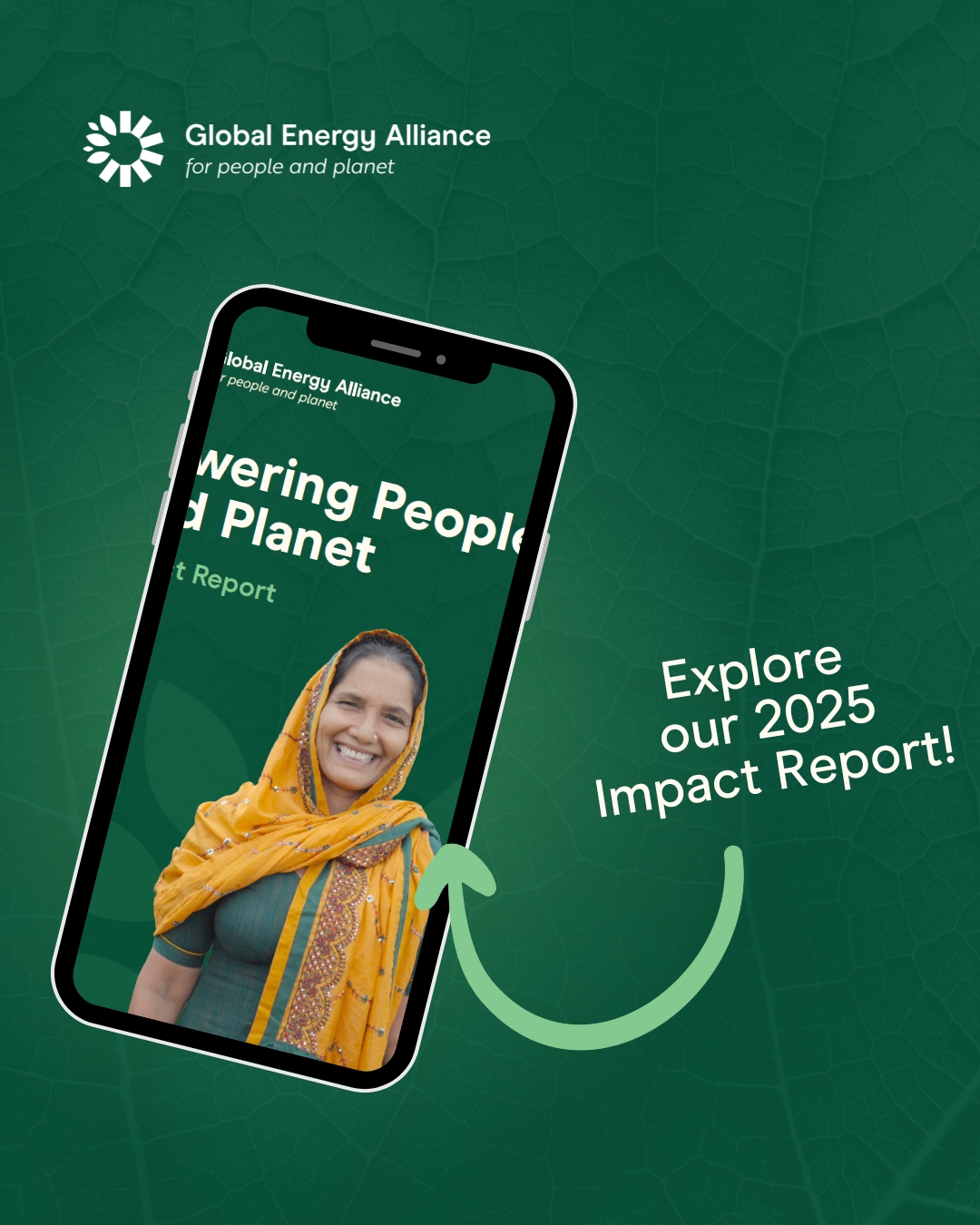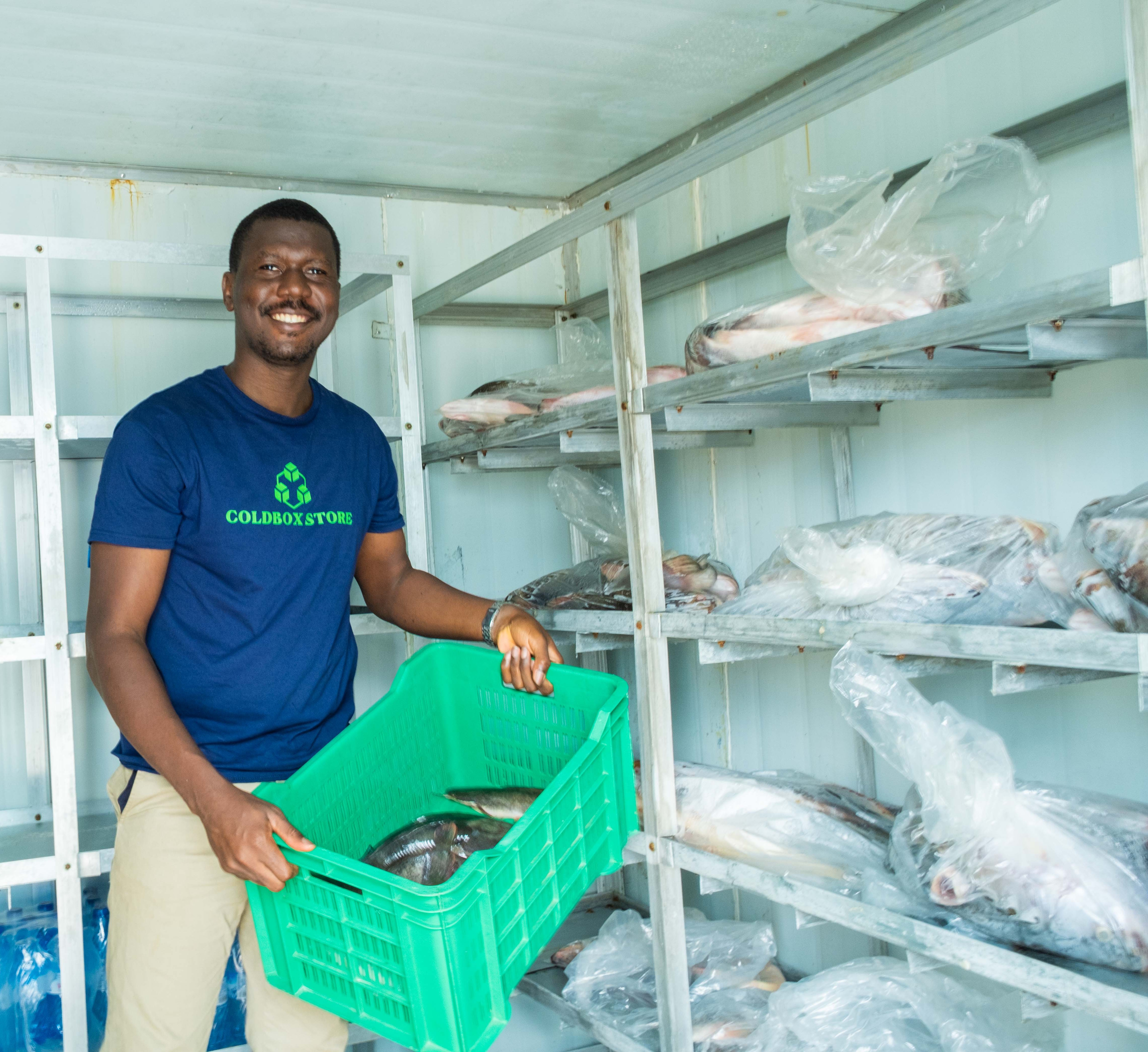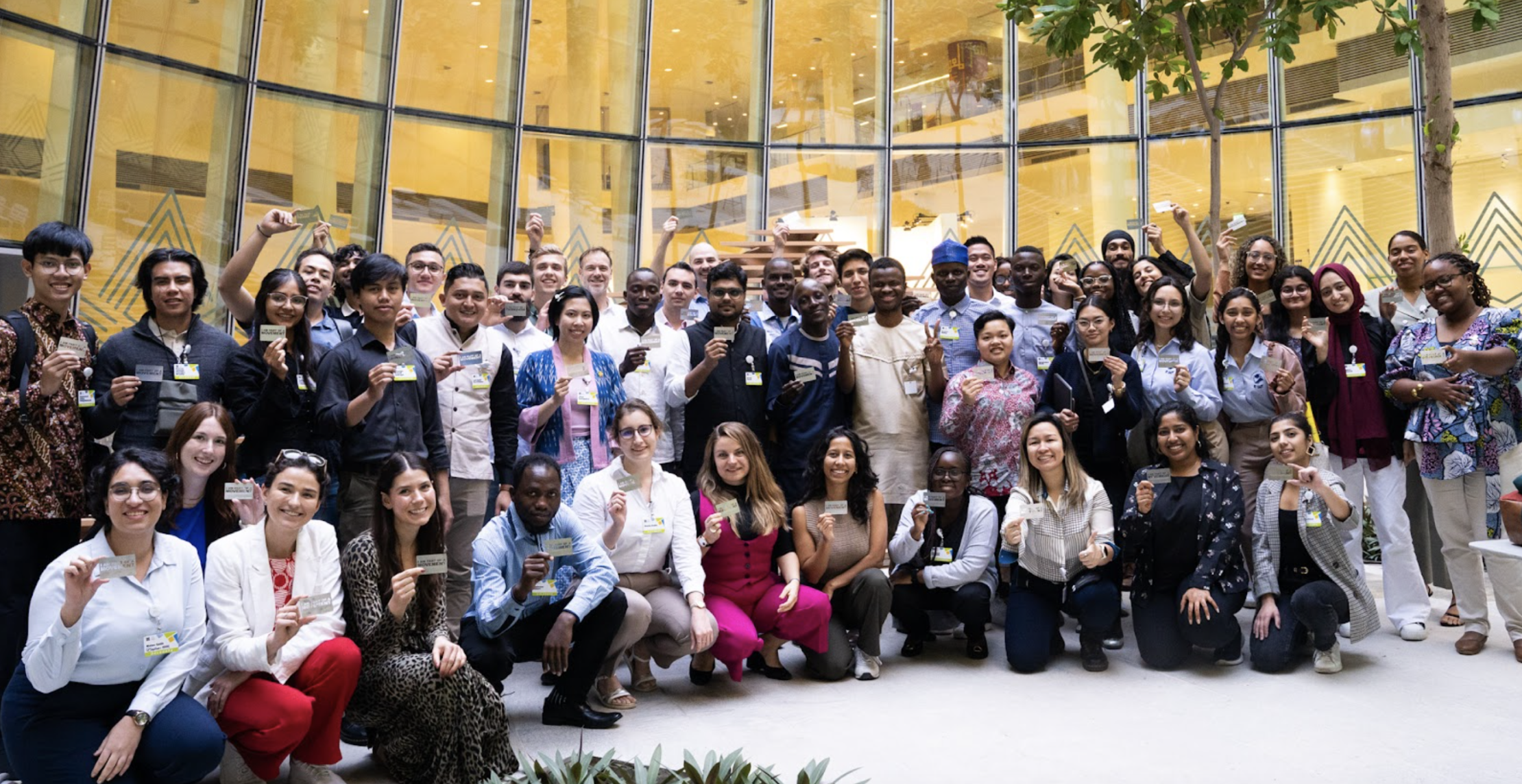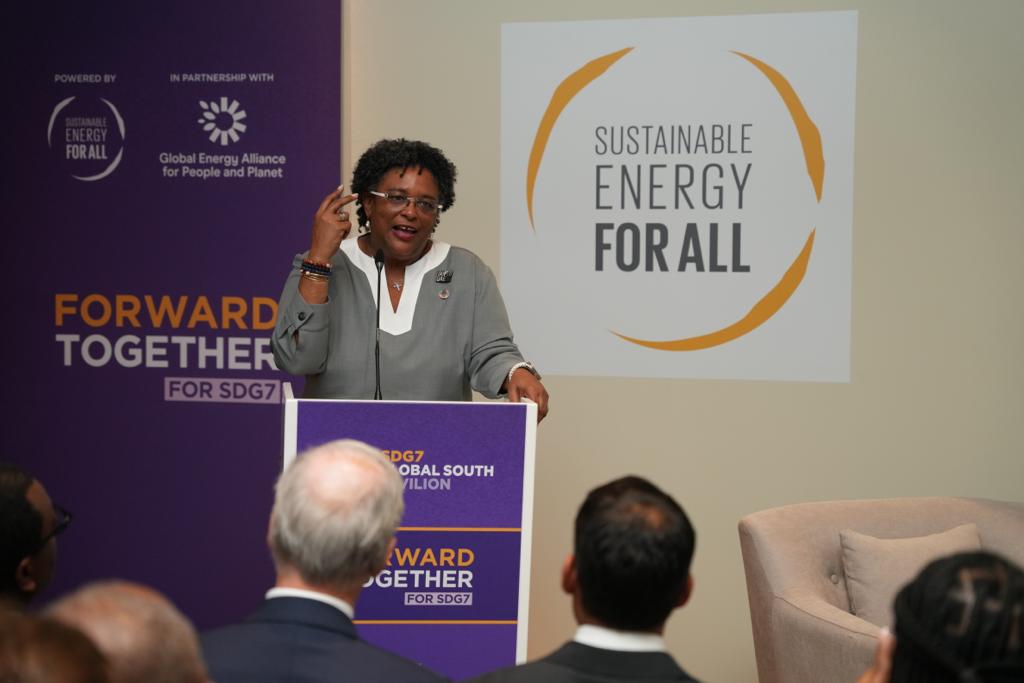Youth changing energy in Africa: a Q&A with Brian Kinyua Nyambura is the Co-Founder & CEO of Hydro Soda Electric

Youth changing energy in Africa: a Q&A with Brian Kinyua Nyambura is the Co-Founder & CEO of Hydro Soda Electric
This Q&A was originally part of an impact fireside chat with Brian Kinyua Nyambura. We have actively support Hydro Soda Electric to help change energy. These efforts to amplify, support and promote authentic stories in Africa are part of our ongoing commitments to change energy in Africa, with one of our biggest commitments as our support for Mission 300, an ambitious aim to electrify 600 million by 2030 led by the World Bank and African Development Bank.
Q: What inspired you to start Hydro Soda Electric, and what specific energy challenges does it address for households and industries?
A: The recurring power outages by the Kenya Power and Lighting Company challenged me to think about an innovative approach to solving this crisis.
Q: Could you explain what Hydro Soda is, and how it differs from other energy solutions on the market?
A: We are a start-up that uses innovative solar technology utilizing molten soda ash and pressurized steam for energy generation. The dominant energy company is KPLC that generates power from hydro, geothermal and thermal sources. Existing widely applied alternative is the use of solar panels to harness energy from the sun to produce power and the other in small scale is biogas, making our project stand out as unique.
Q: How did you identify households and real estate developers as your early adopters, and what unique value does Hydro Soda bring to these sectors?
A: They were more responsive as a customer segment during the earlier stages of our market research. There is also more engagement from both B2B and B2C clients. Discovery phase conducted in collaboration with Jacobs Ladder Africa proved to us that real estate developments and individuals are more responsive as compared to industries and give more insightful information about their energy experience without a whole lot of gatekeeping. We talked to multiple groups and they were willing to adopt a Hydro Soda.
Q: What were some of the biggest challenges you faced in developing Hydro Soda, and how have partnerships with other institutions supported your progress?
A: Our biggest challenge has been financial resources for miniature model concepts. Institutions such as Jacobs Ladder Africa have assisted us in sourcing material for a visual aid for pitching purposes, while in a more recent engagement Apprentice Job Work (AJW) Africa issued us a 50m by 100m plot of land for Hydro Soda experiments and purposes. Some potential early adopters have given insightful feedback including Hass Consult Real Estate, Primofort Investments Limited.
Q: Could you share more about the recent patenting of Hydro Soda and what this milestone means for the future of the technology?
A: We intend to patent Hydro Soda globally in order to cater to both local and international markets. We seek to have multiple partnerships in various regions across the globe.
Q: How is the testing phase going so far, and what kind of feedback or preliminary results have you received?
A: Donation of space by AJW Africa, Interest from Inkomoko, Hass Consult, and Primofort Investments. We learnt how much space it occupies varies depending on the developer, unsustainability with the generators, how sourcing can be challenging and the difference in the maintenance periods.
Q: What role does the GEAPP sponsorship play in advancing your project, especially regarding data and digitization?
A: The financial and mentorship support from GEAPP will help in building of our Concept Model, accessing networks for more engagement and potential partnerships in building a pilot plant. In data and digitization, we require adoption of AI transfer switches, sensors and real time data in order to accurately track consumption and to ease maintenance costs.
Q: What measurable impact do you hope Hydro Soda will have on households and industries, particularly regarding energy cost savings or reliability?
A: We hope that Hydro Soda will alleviate the energy burden on both households and Industries, by ensuring access to cheaper and more reliable and sustainable energy for all electrical needs, and hope to supply up to 20% of the household sector and 30% of the industrial sector in 10 years.
Q: What are the next steps for Hydro Soda Electric as you move beyond testing, and how do you envision scaling it across different sectors?
A: The next steps include partnering with powerline transmission companies, building energy plans for various industrial segments and developing AI software to ease the customization process in Hydro Soda planning and Commissioning. We also intend to Patent the process under World Intellectual Property Institute in order to allow access across various regions in the globe.
Q: What advice would you give to other entrepreneurs in the energy sector who are aiming to develop innovative solutions during this crisis?
A: We must be novel, practical and end user-oriented in order to provide the best service to our clients and humanity at large.





